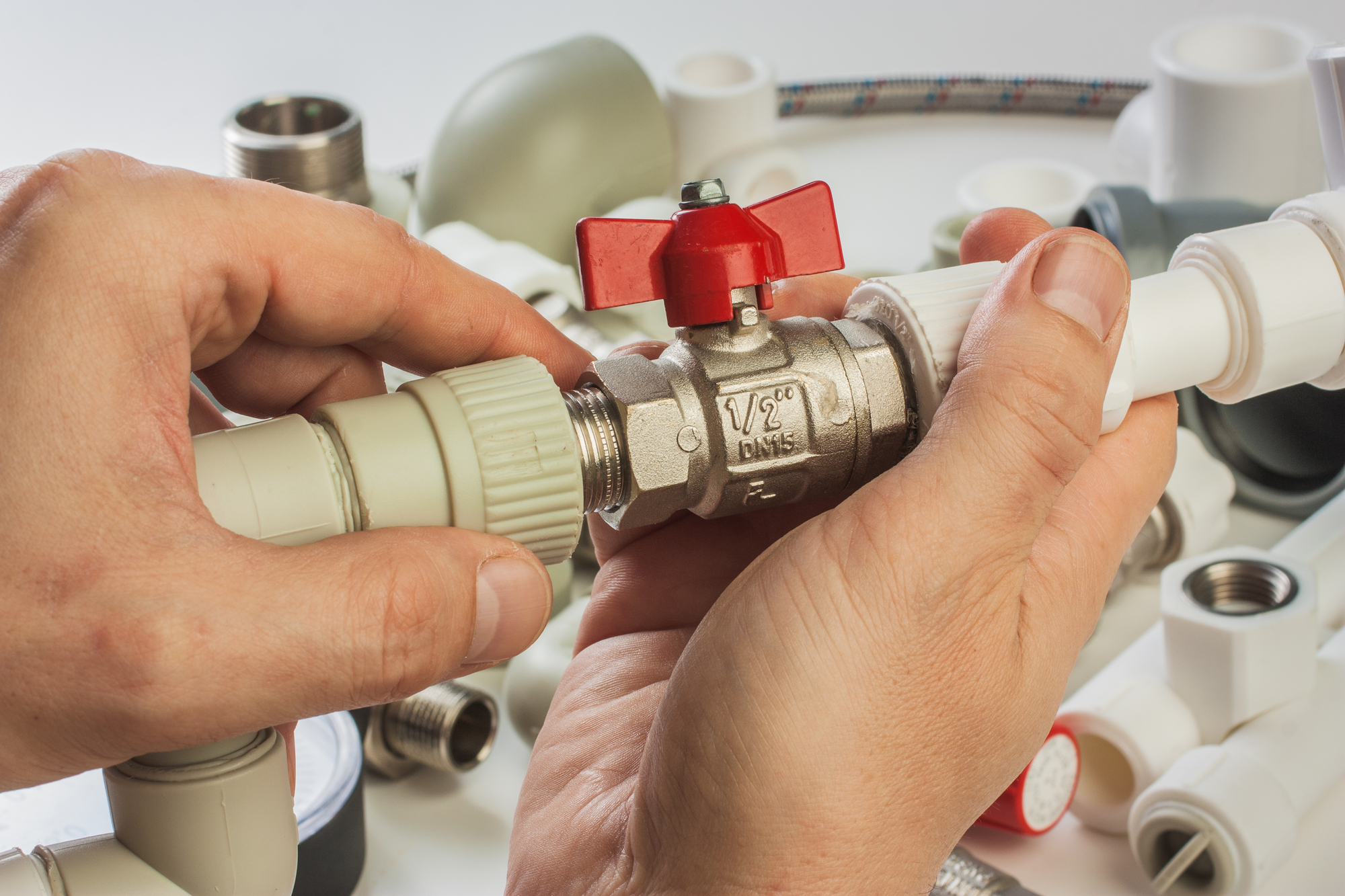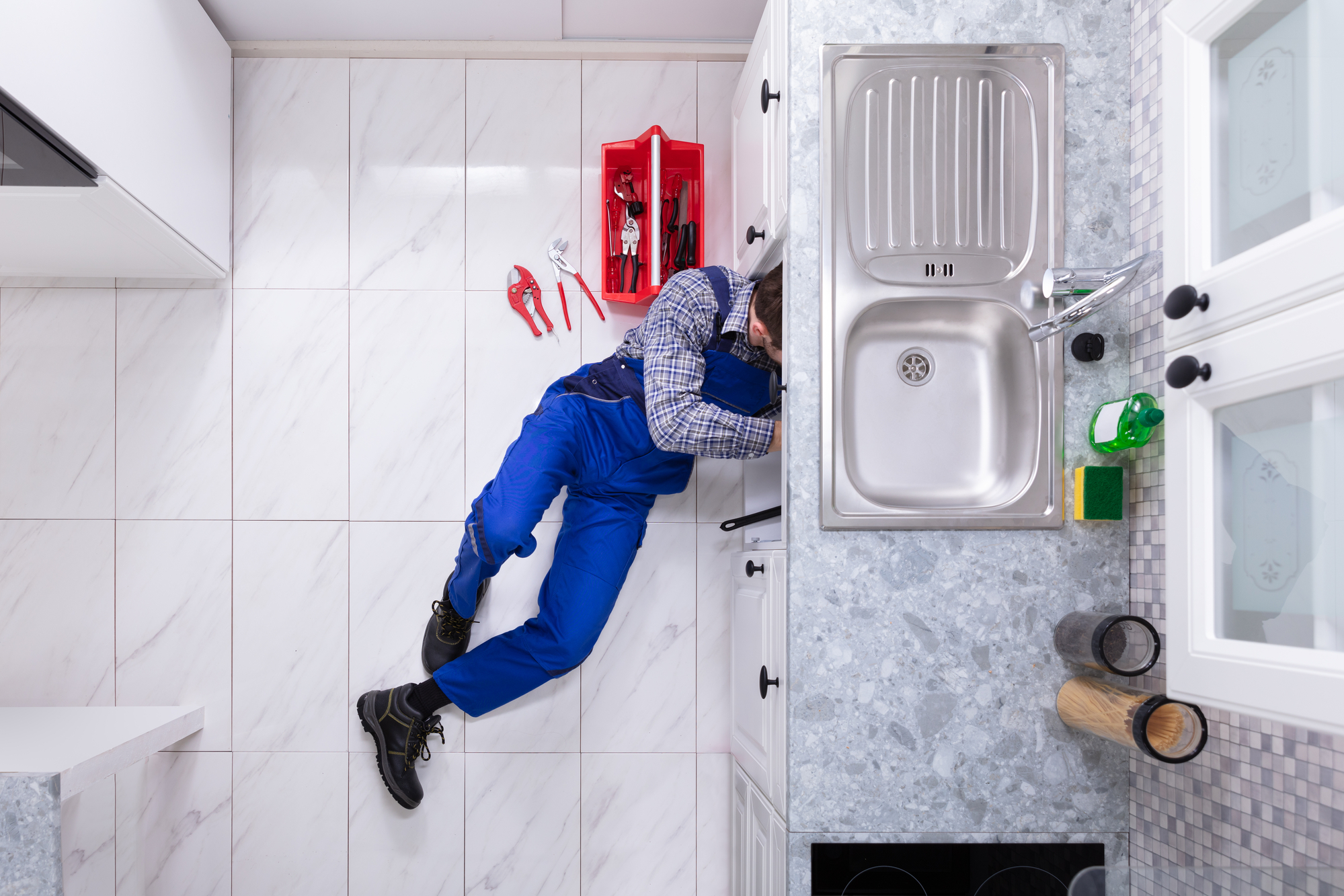According to the latest reports from the Office of National Statistics, Wales has secured the highest uptake of small-scale renewable installations. This is a groundbreaking achievement and further strengthens Wales’ position as a leader in sustainable energy and eco-friendliness.
This development could not have come at a better time, given the increasing concerns of climate change, energy security, and the rising energy prices that are affecting household budgets across the nation. With small-scale renewable installations, households can generate their renewable energy, reduce their reliance on conventional energy sources, and save money on their utility bills.
The increase in small-scale renewable installations is due to several factors, including the Welsh Government’s efforts to promote renewable energy and various incentive schemes offered by energy suppliers and the government. The incentive schemes encourage households to install microgeneration technologies such as solar panels, wind turbines, and heat pumps.
Solar panels have been most popular among households because they are easy to install, cost-efficient, and require low maintenance. Solar panels work by capturing sunlight and converting it into electricity that can be used to power household appliances. The excess electricity generated can be sent back to the grid for others to use, earning households an income through Feed-in Tariffs (FITs).

Wind turbines are also a popular small-scale renewable installation option, but they require more space and often involve higher costs. Wind turbines work by capturing wind energy and converting it into electricity that can be used to power homes and businesses.
Heat pumps, on the other hand, use renewable heat from the ground, air, or water to warm homes, and are especially useful in areas that experience colder temperatures. Heat pumps are more expensive to install and may have higher maintenance costs, but they are an excellent investment in the long-term, as they can save households up to 40% on their energy bills.
The Welsh Government’s efforts to promote renewable energy have been crucial in encouraging households to adopt small-scale renewable installations. Several Welsh councils have implemented policies such as planning guidance, which requires a certain percentage of renewable energy generation for new buildings. Additionally, the Welsh Government has introduced several incentive schemes, such as the Ynni’r Fro scheme, which funds community-led renewable energy projects.

The increase in small-scale renewable installations in Wales has significant benefits for both households and the environment. Households can generate their renewable energy, reducing their reliance on conventional energy sources that are vulnerable to price fluctuations. They can also earn an income from feeding excess energy back into the grid.
From an environmental perspective, small-scale renewable installations have several advantages. They reduce carbon footprints, improve air quality, and help combat climate change. With the increasing pressures of climate change, small-scale renewable installations have become a crucial tool for sustainable energy production.
The Welsh Government’s efforts demonstrate how governments can incentivize households to adopt small-scale renewable installations, reduce energy bills, and promote sustainable energy production. Other governments can learn from the Welsh case and introduce similar policies to promote renewable energy production, reduce carbon footprints and improve energy security.
In conclusion, Wales’ achievement in securing the highest uptake of small-scale renewable installations is commendable and sets an excellent example for other nations to follow in their pursuit of sustainability. The Welsh Government’s efforts have encouraged several households to adopt small-scale renewable installations, reducing dependence on conventional energy sources and promoting sustainable energy production. The uptake of small-scale renewable installations in Wales is an essential step towards a greener future and addressing the global problem of climate change. If you’re interested in installing small-scale renewable installations, make sure you find a certified plumber near you who specializes in renewable energy and microgeneration technologies. Don’t forget to visit our website aceplumbingrepair.com or call us at (844) 711-1590 if you need any help with your plumbing needs.






